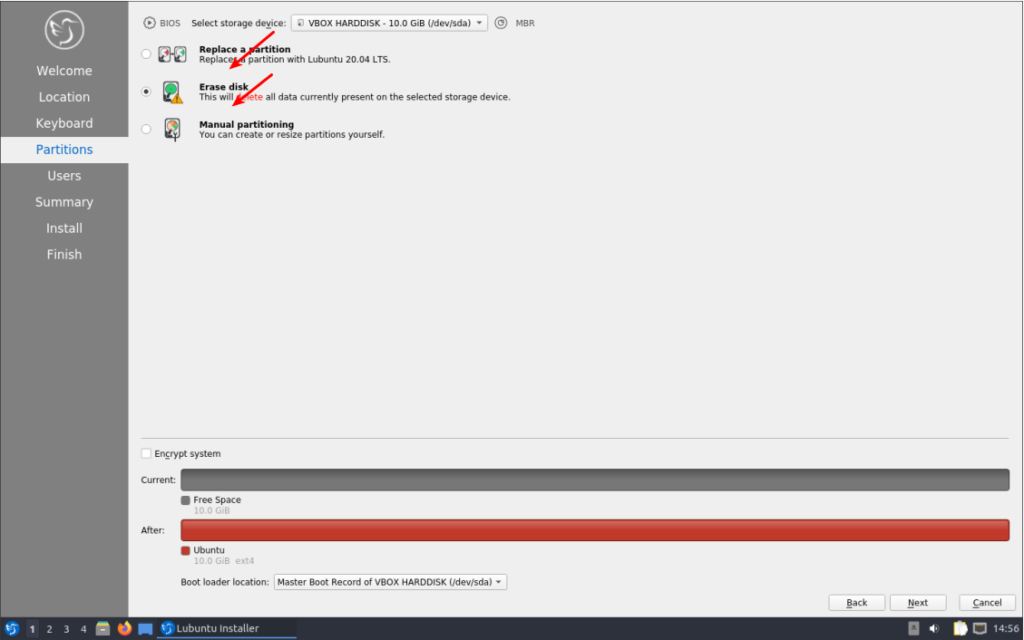USN-4746-1: xterm vulnerability
sequences. A remote attacker could use this issue to cause xterm to crash,
resulting in a denial of service, or possibly execute arbitrary code.
Original advisory details:
Moshe Kol and Shlomi Oberman discovered that Dnsmasq incorrectly handled
memory when sorting RRsets. A remote attacker could use this issue to cause
Dnsmasq to hang, resulting in a denial of service, or possibly execute
arbitrary code. (CVE-2020-25681, CVE-2020-25687)
Moshe Kol and Shlomi Oberman discovered that Dnsmasq incorrectly handled
extracting certain names. A remote attacker could use this issue to cause
Dnsmasq to hang, resulting in a denial of service, or possibly execute
arbitrary code. (CVE-2020-25682, CVE-2020-25683)
Moshe Kol and Shlomi Oberman discovered that Dnsmasq incorrectly
implemented address/port checks. A remote attacker could use this issue to
perform a cache poisoning attack. (CVE-2020-25684)
Moshe Kol and Shlomi Oberman discovered that Dnsmasq incorrectly
implemented query resource name checks. A remote attacker could use this
issue to perform a cache poisoning attack. (CVE-2020-25685)
Moshe Kol and Shlomi Oberman discovered that Dnsmasq incorrectly handled
multiple query requests for the same resource name. A remote attacker could
use this issue to perform a cache poisoning attack. (CVE-2020-25686)
It was discovered that Dnsmasq incorrectly handled memory during DHCP
response creation. A remote attacker could possibly use this issue to
cause Dnsmasq to consume resources, leading to a denial of service. This
issue only affected Ubuntu 16.04 LTS, Ubuntu 18.04 LTS, and Ubuntu 20.04
LTS. (CVE-2019-14834)
Tavis Ormandy discovered that OpenSSL incorrectly handled parsing issuer
fields. A remote attacker could possibly use this issue to cause OpenSSL to
crash, resulting in a denial of service. (CVE-2021-23841)

Why 8 gigabytes when I have ample RAM and an SSD? Because I never, ever want to worry about it again. I want to be able to open up every app I have and leave them open for a month. You do you and decide how big you want it to be!
[code]sudo chmod 600 /swapfile[/code]
[code]sudo mkswap /swapfile[/code]
And turn it on with:
[code]sudo swapon /swapfile[/code]
[code]sudo nano /etc/fstab[/code]
And add this at the bottom of that document:
[code]/swapfile none swap sw 0 0[/code]
We apologize for the inconvenience. Original advisory details: Ren Ding, Hanqing Zhao, Alexander Bulekov, and Anatoly TrosinenkoUSN-4467-3: QEMU regression
introduced a regression in certain environments. This update fixes the
problem.
discovered that the QEMU incorrectly handled certain msi-x mmio operations.
An attacker inside a guest could possibly use this issue to cause QEMU to
crash, resulting in a denial of service. (CVE-2020-13754)